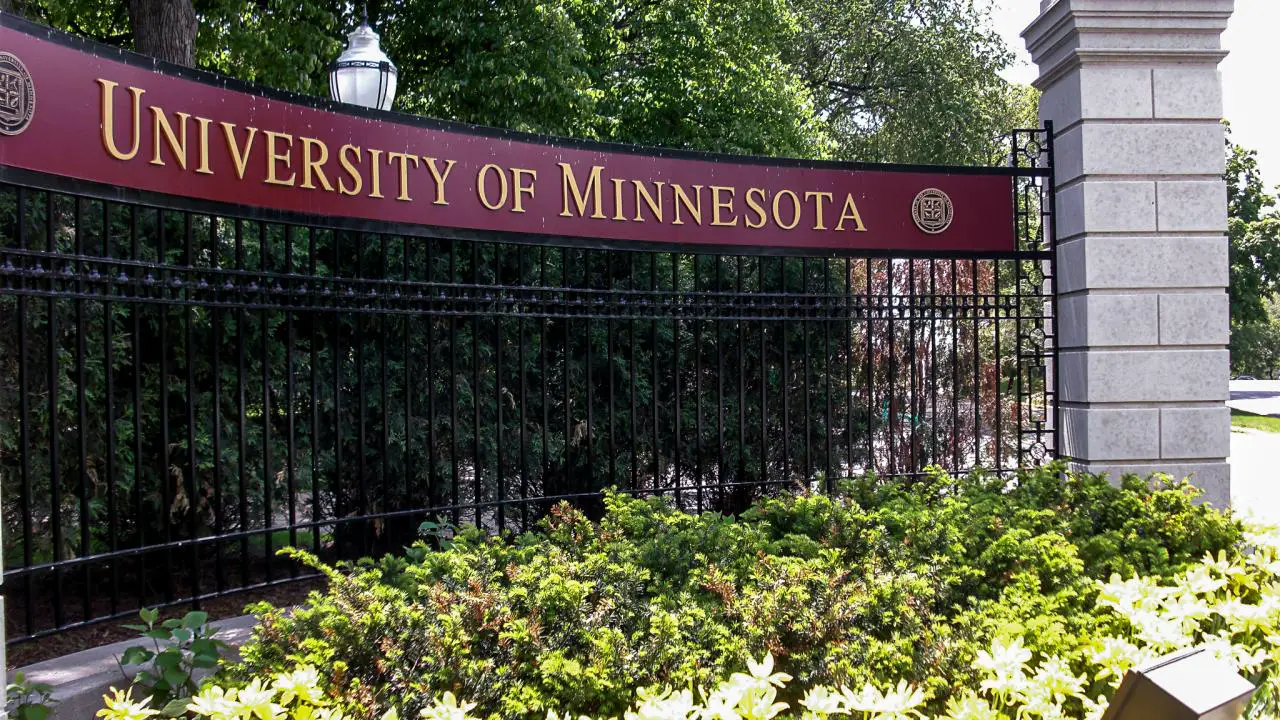Researchers at the University of Minnesota have developed an anti-racism curriculum for its first-year medical school students.
The new move aims to fight racism and its effects on health and healthcare professionals. It was made after a team of researchers recently published their findings on developing curriculum in an issue of Ethnicity & Disease journal.
The team used in their work Public Health Critical Race Praxis (PHCRP) methodology helping researchers to remain observant to the issues of fairness.
The study conducted in two phases took over a year’s time in 2016 leading to the development of an anti-racism curriculum.
“We learned that even with those truly, sincerely and genuinely committed to achieving equity, there is a high likelihood of replicating power structures that perpetuate systemic racism across all disciplines,” Rachel Hardeman, School of Public Health assistant professor and lead author of the study, said.
“The field of public health, for example, has a long history of working with marginalized communities to promote the health of all communities, but it also has a complicated and problematic relationship to race. PHCRP is critical for moving all health professionals towards achieving health equity in their work.”
The study was funded through a Serendipity Grant from the university’s Office of the Vice President for Research (OVPR).



